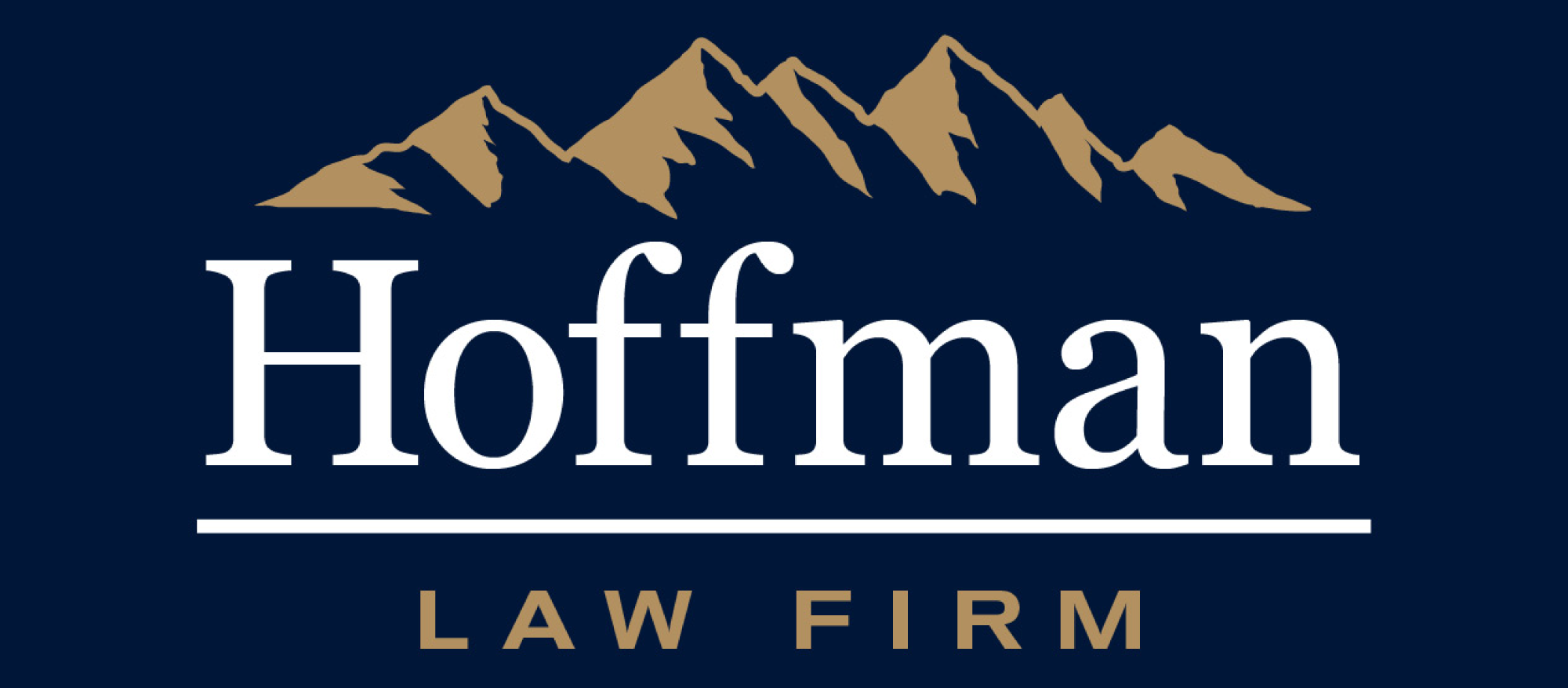Employer Liability at Office Parties in Colorado: Understanding Vicarious Liability?

Office parties in Colorado, a common practice in both the corporate and small business world, are more than just social events. They carry potential legal implications, particularly concerning employer liability. This blog explores the concept of vicarious liability, an important legal doctrine in Colorado, and its implications for employers during office parties.
Understanding Vicarious Liability in Colorado
Vicarious liability is a legal doctrine in Colorado, stating that a person or entity can be held responsible for another’s actions. This concept is particularly relevant in employer-employee relationships. Under this doctrine, an employer can be held liable for the actions of their employees, if these actions occur within the scope of their employment. This includes a range of potential liabilities, from medical bills to pain and suffering, and other damages resulting from a personal injury lawsuit.
The Legal Principle of Respondeat Superior
At the heart of vicarious liability lies the principle of ‘Respondent Superior.’ This principle holds that an employer can be responsible for the acts of their employees if these acts are committed within the course of their employment. This legal framework is designed to ensure that victims have multiple avenues for recovery in personal injury cases, especially when it is appropriate to hold a third party, like an employer, responsible.
Employer Liability in the Context of Office Parties
The concept of employer liability becomes particularly nuanced in the context of office parties. While these events are often informal, the actions of employees during these gatherings can still fall within the scope of their employment, potentially leaving employers liable for any misconduct or accidents. To establish this liability, it is crucial to demonstrate a ‘master and servant’ relationship and prove that the employee’s actions were within the course of their employment.
Office parties, despite their informal nature, can still be considered extensions of the workplace. This means that employers must be vigilant about their potential liability for incidents occurring during these events. Activities such as serving alcohol or engaging in team-building exercises could be seen as furthering the employer’s interests, potentially increasing liability risks.
Conditions for Employer Liability
Several key factors determine when an employer can be held liable for an employee’s actions at an office party. These include the level of control the employer has over the employee, the nature of the employee’s job, and whether the actions were connected to the employer’s business or furthered the employer’s interests. The timing and context of the employee’s actions, as well as whether they were performed for personal or business reasons, are also critical considerations.
Exceptions to Vicarious Liability
Not all incidents at office parties lead to employer liability. Actions classified as frolics (significant deviations from employment for personal reasons), or detours (minor deviations still connected to employment) may not result in employer liability. Intentional torts, which are deliberate wrongful acts, not related to the employee’s job, may also exclude employer liability.
Legal Precedents and Court Considerations
Courts in Colorado carefully examine the circumstances surrounding an employee’s actions at an office party to determine if they fall within the scope of employment. This includes assessing whether the actions were inherently connected to the employer’s business and if they were carried out with the intent of benefiting the employer. The timing of these actions and their relevance to the employee’s usual job responsibilities are also evaluated.
Preventive Measures for Employers
To mitigate potential liabilities, employers should establish clear guidelines for office parties. This includes moderating alcohol consumption, monitoring employee behavior, and setting clear boundaries for acceptable conduct. Educating employees on the legal implications of their actions at these events can also be a crucial step in preventing unwanted incidents.
Navigating the complexities of employer liability at office parties in Colorado requires a thorough understanding of vicarious liability. While office parties are meant for enjoyment, they can also present legal challenges for employers. Office parties, while a space for relaxation and camaraderie, can give rise to complex legal situations, particularly when an injury occurs due to an employee’s actions.
If you have been injured at an office party or a similar event and believe an employee’s actions are to blame, it is crucial to seek legal counsel. Navigating the intricacies of vicarious liability requires professional expertise to ensure that your rights are protected and that you receive the compensation you deserve.
At Hoffman Law Firm PC, we specialize in personal injury cases and understand the nuances of employer liability in Colorado. Our experienced attorneys provide personalized and effective legal representation. If you or someone you know has been injured under these circumstances, we encourage you to contact us for a consultation. Let us help you understand your legal options and work towards securing the justice and compensation you are entitled to.
Contact us today to discuss your case and take the first step towards resolution.
